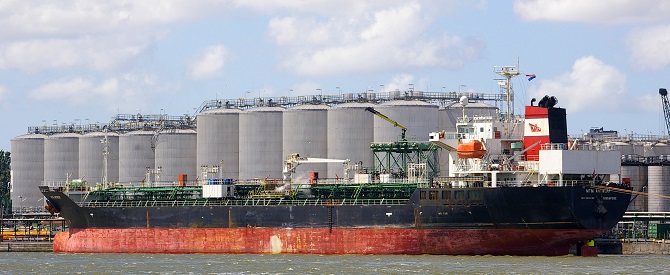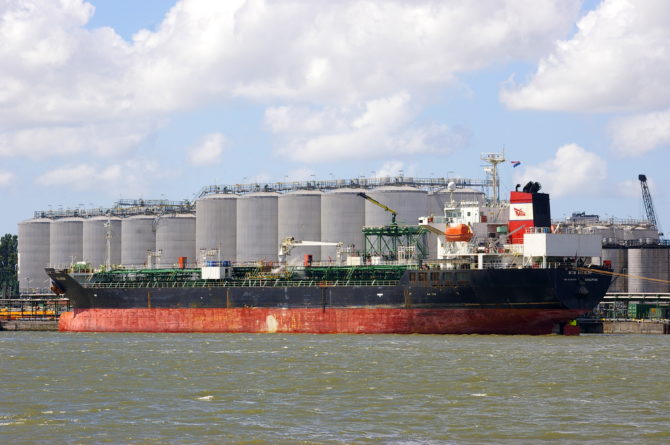
The European Commission seems to be determined to uphold the semestral quota on duty-free API Group II base oil imports, and projects that far less than the 200,000-metric ton semestral amount will used up by June. This forecast has raised eyebrows in the market.
EU sources told Lube Report only 13,500 tons were imported in the first three weeks of January, a figure estimated to have increased five-fold in the past two months – to less than 70,000 tons. It is also widely assumed to be substantially incorrect.
“It is almost as if the European Commission is using the figures to justify the quota, but the figures are wrong,” said Ray Masson, director of Pumacrown and a trader and broker of petroleum products in London. He also authors a weekly column on Lube Report.
Critics say it is unfortunate and misleading that the commission is using these figures to project the amount of Group II that would enter the European Union during the first semester. Based on the commission’s figures, only 160,000 tons would be imported by the end of June.
EU member states and lubricant industry associations contend that such projections are inaccurate because companies may have stockpiled Group II in the run-up to the new regime. Effective since Jan. 1, that new regime allows for 400,000 tons of Group II per year to enter the EU without paying a 3.7 percent duty that applies to petroleum products. The quota will be split into two 200,000-ton semestral amounts, to be counted on a first come, first serve basis without additional cost. The quota applies to Group II oils with viscosities between 150 and 600 Saybolt universal seconds. Lighter Group II grades and Group III base oils will remain exempt from duties.
EU member states and lubricant industry associations, the UEIL most prominently, had for months argued for quotas of anywhere between 700,000 t/y to 1 million t/y before the final decision was made.
Questions also remain about the way the regime was implemented. “Contrary to what we were expecting, we ended up paying a duty in January,” Paul Kerwin, base oils account director at Multisol-Brenntag, told Lube Report back in early February. “The way the process works is that you immediately pay a duty when you import. Upon payment, the goods are released while the money is put in a holding account.”
Market sources said the funds are supposed to be reimbursed for oils that come in under the quota but that details about reimbursement remain unclear.
